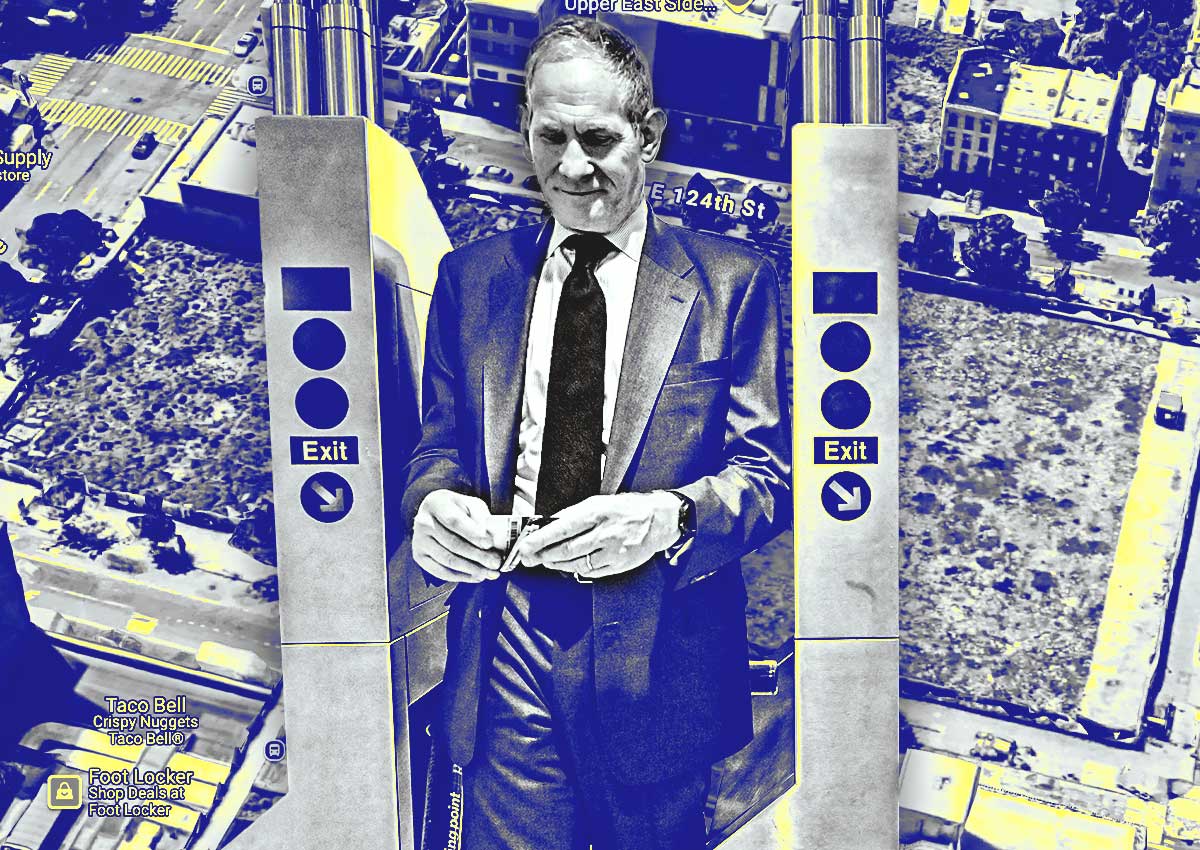
The Second Avenue subway extension isn’t only about train access. It’s also about development, which the Metropolitan Transportation Authority is ready to pursue.
The MTA filed plans to rezone the block on the south side of East 125th Street between Third and Lexington avenues, Crain’s reported. The site is where the extended Q line is expected to terminate when the next subway phase is built.
The MTA is seeking a developer to build an apartment building with up to 684 units at the MTA-owned site on the west side of the block.
Revenue from the development would go towards the MTA via a ground lease and payments in lieu of taxes, as the transit authority tries to correct what it considers previous mistakes.
“I don’t think we did enough transit-oriented development, both as a means of recouping some of the costs of the project with the property that needs to be acquired … and also in terms of making the end product feel more integrated with the community, and more active,” the MTA’s Sean Fitzpatrick told Crain’s, referring to the first phase of the Second Avenue subway project.
The first phase of the Second Avenue subway opened in 2017, capping the most extensive subway project in city history after 10 years of construction.
The MTA acquired the site at 160 East 125th Street from Gary Barnett’s Extell Development two years ago for $82 million. It was a premium on what Barnett paid for the site a decade earlier, though the gap is partially filled by what it cost Extell to buy Pathmark out of its lease.
The MTA’s proposed rezoning of the site utilizes City of Yes, which allows for more dense housing. The floor area ratio of the property is expected to exceed what was previously possible in the city.
In addition to a subway entrance on the ground floor, the property is also expected to include 5,000 square feet of retail space. A quarter of the building’s units will be designated affordable through the mandatory inclusionary housing program.
A request for proposals from developers isn’t expected until construction begins on the subway extension; the MTA finished acquiring the requisite sites this year. The mixed-use development isn’t expected to be completed until 2032, but the rezoning is necessary due to the federal government’s requirement that local approvals be in place before project launch.
— Holden Walter-Warner

